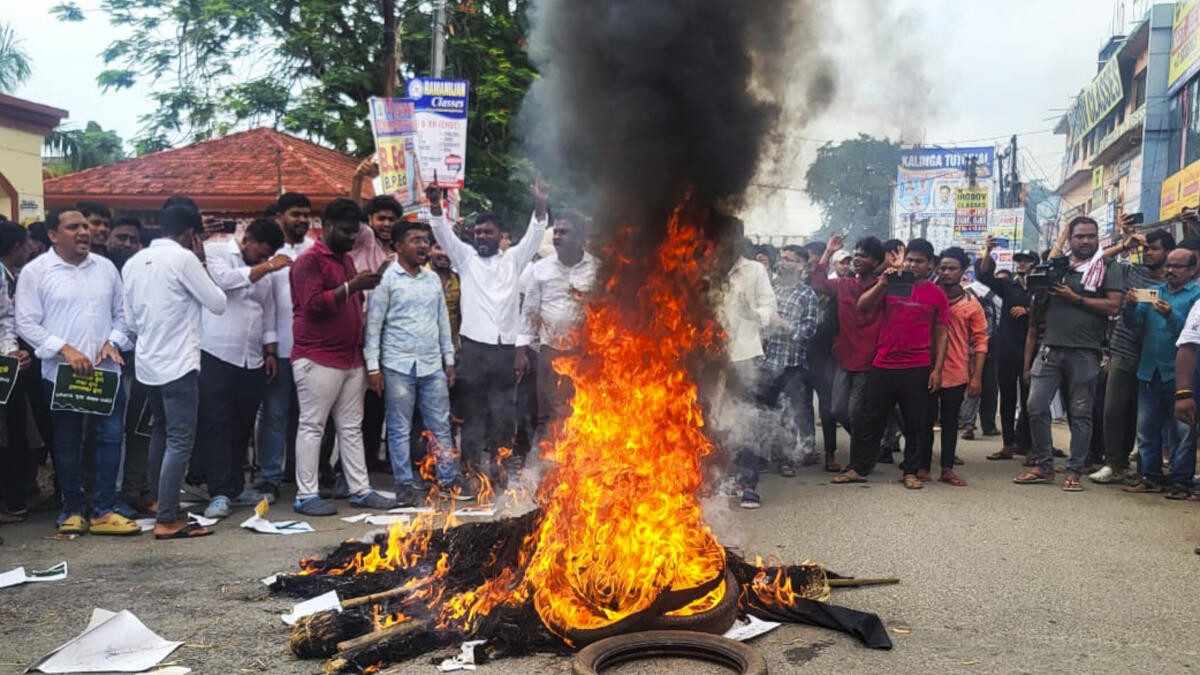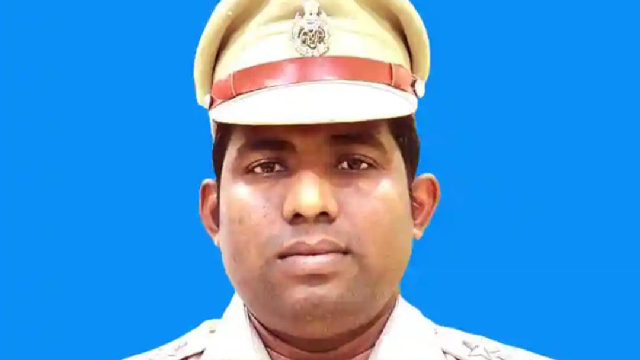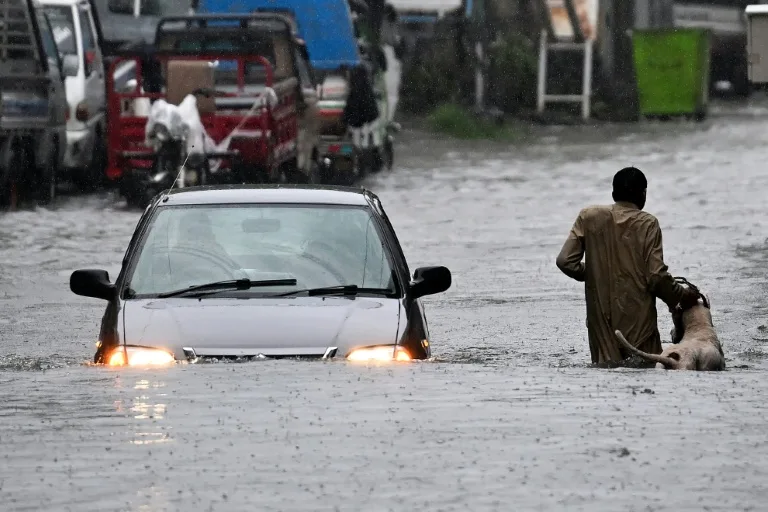Now Reading: Balasore College Faces Heat Over Mishandling of Harassment Case, Probe Flags Multiple Lapses
-
01
Balasore College Faces Heat Over Mishandling of Harassment Case, Probe Flags Multiple Lapses
Balasore College Faces Heat Over Mishandling of Harassment Case, Probe Flags Multiple Lapses

A government inquiry into the recent harassment case at a Balasore college has revealed serious lapses in how the institution handled the situation. The report points to delays, negligence, and lack of proper redressal mechanisms. The incident has sparked wider conversations around campus safety and accountability, especially in Tier 2 cities where systemic responses to such complaints often remain weak or underdeveloped.
What the Investigation Found
The state-appointed probe team noted that college authorities failed to act promptly on the initial complaint. Key officials reportedly delayed initiating an internal inquiry and did not follow the prescribed protocol for handling sensitive student grievances.
There was also a lack of communication between the institution and the complainant, which added to the stress and mistrust surrounding the case.
Lapses in Protocol and Support Systems
One of the critical findings was the absence of a functioning Internal Complaints Committee (ICC), which is mandatory under Indian law for all educational institutions. The college was also found lacking in awareness programmes that inform students about their rights and how to report harassment.
In many smaller cities, students are often unsure about where to turn or whether their voices will be heard—and this case underlines that gap sharply.
Students and Public Reactions
The incident has triggered concern among the student body, many of whom feel unsafe and unheard. Local student groups have demanded better grievance redressal mechanisms and have called for regular audits of college-level systems meant to protect students.
On social media and in local community discussions, there’s growing anger about how harassment cases are frequently buried unless public attention forces a response.
What This Means for Other Institutions
The case has raised alarms not just in Balasore but in colleges across Tier 2 and Tier 3 towns, where policies often exist on paper but not in practice. The findings are a reminder that institutions must move beyond formal compliance and build a culture of safety and responsiveness.
Authorities have indicated that stronger monitoring and potential disciplinary action against the college administration are on the table.
Conclusion:
The Balasore college incident isn’t isolated—it reflects a broader issue across many educational spaces in smaller Indian cities. As more young people seek education in these hubs, colleges must step up their responsibility to create safe, accountable environments. Because without trust and protection, education loses its meaning.

























